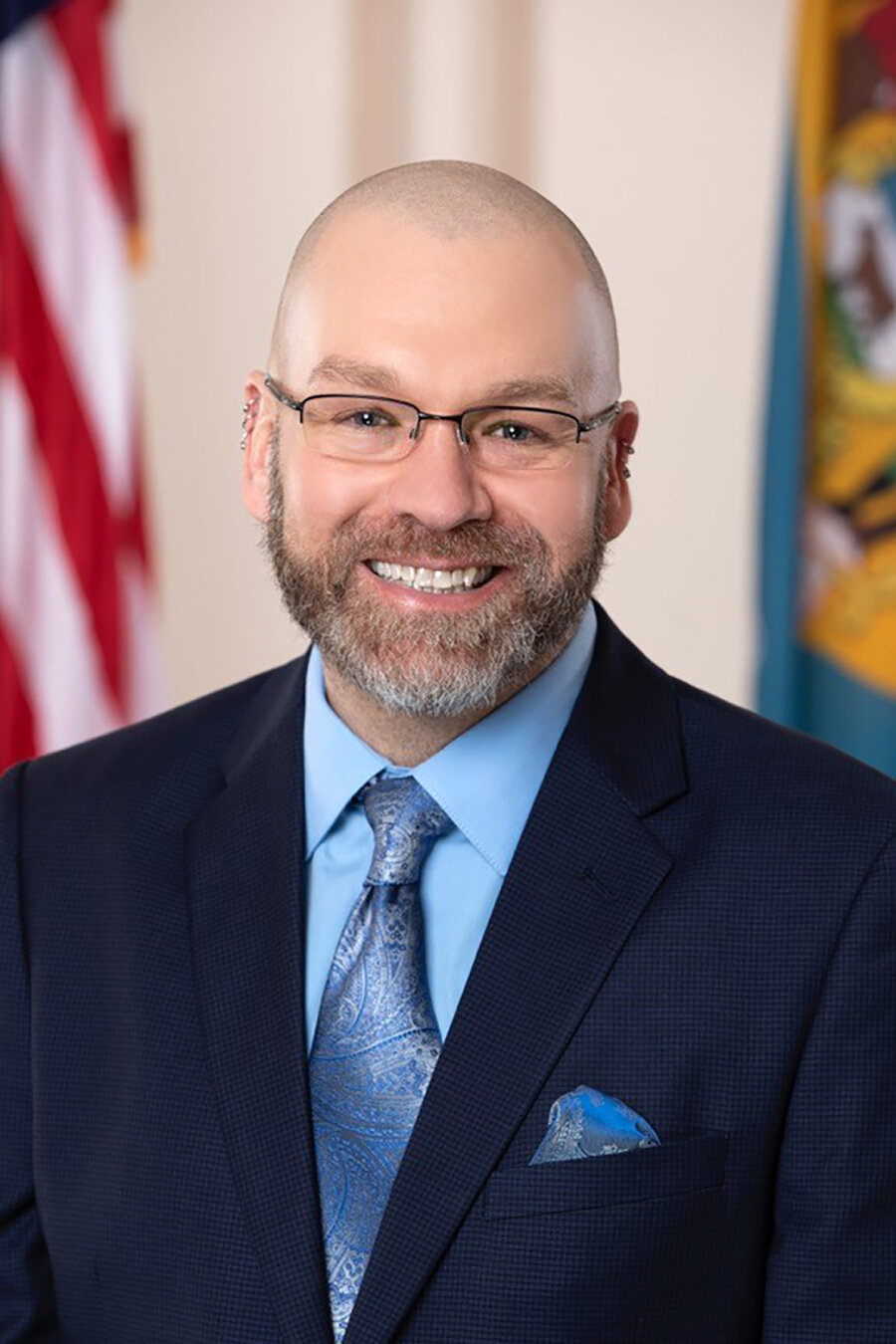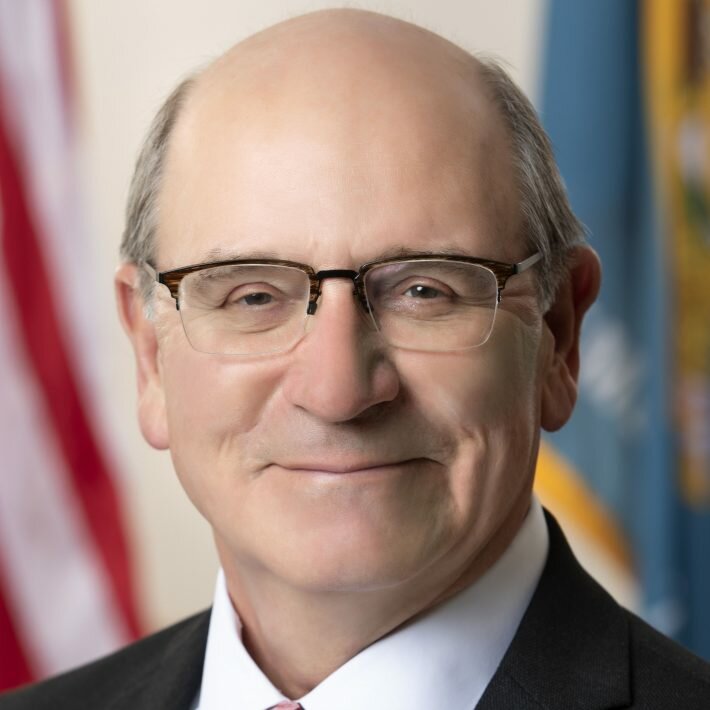Despite opposition, paid sick time and safety leave bill passes Delaware House committee
DOVER— Republican lawmakers opposed a bill requiring Delaware employers to offer earned sick time and safety leave, though it received enough support to be released from committee on Tuesday.
…

You must be a member to read this story.
Join our family of readers for as little as $5 per month and support local, unbiased journalism.
Already a member? Log in to continue. Otherwise, follow the link below to join.
Please log in to continue |
Despite opposition, paid sick time and safety leave bill passes Delaware House committee
DOVER — Republican lawmakers opposed a bill requiring Delaware employers to offer earned sick time and safety leave, though it received enough support to be released from committee Tuesday.
House Substitute 1 for House Bill 17, sponsored by Rep. Eric Morrison, D-Glasgow, would provide employees with a minimum of one hour of sick time and safety leave for every 30 hours worked, which would be capped at 40 hours per year.
The measure would provide lessened requirements for small businesses – those with less than 10 employees – by allowing their sick and safety leave to be unpaid, job-protected time instead of requiring payment.
In addition to sick time, safety leave refers to situations like domestic violence, as the proposal allows accrued hours to be used for meeting with lawyers and obtaining services from victim service organizations.
Similar policy is enacted in 18 states and Washington D.C., Rep. Morrison said. The Glasgow Democrat added that, in these jurisdictions, employers and workers have reported higher employee job satisfaction, loyalty and morale, in addition to higher productivity and lessened turnover.
“Paid sick time is also good for public health. Workers without paid sick time are the workers who most often come into contact with people, products and food,” Rep. Morrison said during Tuesday’s House Labor Committee hearing.
The legislation drew extensive debate from lawmakers, as Reps. Rich Collins, R-Millsboro; Mike Smith, R-Pike Creek; and Jeff Hilovsky, R-Millsboro, questioned its impact on small businesses, how the policy would coexist with paid family and medical leave and what the cost would be to employers.
“I can’t support this legislation at this time… it’s not a good idea when something else is already going through implementation that we’re asking (business owners) again to implement something later that we haven’t even implemented the first time,” Rep. Smith said in reference to paid family and medical leave, which will go into effect Jan. 1, 2025.
“I’m going to stand for Delaware workers and Delaware employers by not supporting this.”
During Rep. Morrison’s explanation of the bill, he cited several studies that showed widespread support for the policy, as well as its effectiveness.
He stated that, according to 2022 data, employees granted five days of annual sick time typically use just two days a year. Further, for small businesses with less than 10 full-time employees who earn $15 an hour and take the two-day average leave, Rep. Morrison said the policy would cost a business just $6.58 per day.
As lawmakers discussed the bill, Rep. Hilovsky pushed back on the projection because it did not factor in productivity; something that Rep. Morrison said would be difficult to account for, which the Millsboro Republican also disagreed with.
“That it is easily quantifiable, and in fact, what you should be looking at is what is the cost of opening the business per day, and how much impact (there is) when you have a full staff versus a partial staff,” Rep. Hilovsky said.
“I think that that’s the true cost. So, $6 … I don’t know where that came from, but that’s an amortization over time that doesn’t depict at all the impact of running a small business.”
Rep. Smith questioned what changes were made in the substitute version before attempting to table the legislation, which was ultimately unsuccessful.
The bill’s substitute version differs from the original bill by moving the effective date to Jan. 1, 2027 to allow for paid family and medical leave to be fully implemented; allowing employers to provide sick time and safety leave only if an employee has been employed for 90 days; capping the amount of leave hours at 40 per year; and carving out per-diem employees and certain educational professionals.
Following conclusion of the debate, several speakers raised opposition to the bill, including the Delaware Restaurant Association, a number of Delaware’s chambers of commerce and small business owners.
The bill did receive support from former Department of Natural Resources and Environmental Control Secretary Collin O’Mara, who is a Democratic candidate for Delaware governor.
After public comment, House Substitute 1 for House Bill 17 passed along a party line vote, sending it to the House floor for further consideration.







 By
By 



